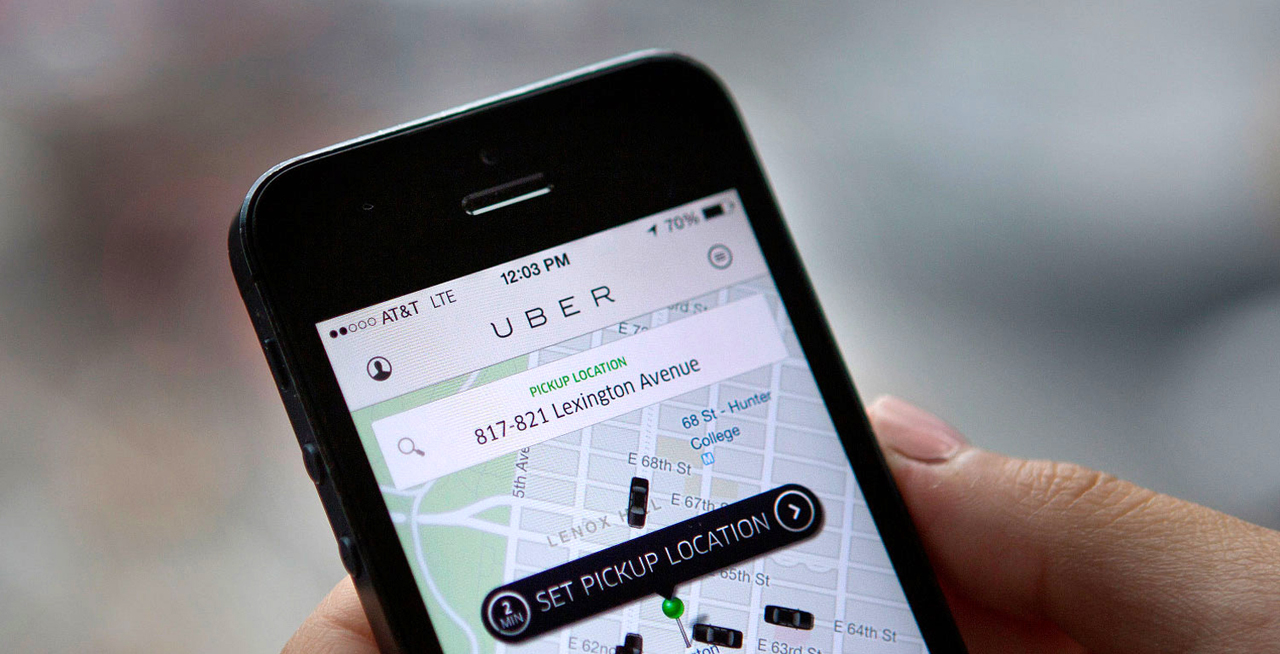The new frontline
The Uber saga shows we must ensure innovation works for all, writes Wes Streeting
It has been a bad few months for Uber in the UK. In September, Transport for London (TfL) decided not to issue the app-driven minicab operator with a new licence, following serious concerns about Uber’s safety record. In November, Uber lost an appeal against a landmark ruling by an employment tribunal that Uber drivers should be treated as employees and afforded the same rights as other employees. Uber now faces a tax tribunal battle against leading taxation lawyer Jolyon Maugham QC, who believes that the multinational giant has avoided VAT to the tune of more than £1bn. The debate about Uber isn’t a new debate about how the UK can harness a fourth industrial revolution – it’s a series of age-old battles about the interests of capital versus labour and how we get multinationals to accept that they need to play by the same rules as everybody else.
When the news went out that TfL would not be issuing Uber with a new licence, Uber’s communications operation kicked into gear. Although the regulator’s decision was based upon serious safety concerns – including damning criticism from the police that Uber had failed to handle serious allegations of rape and sexual assault appropriately – the debate was instantly framed as a battle between protectionism and consumer choice. ‘Save your Uber’ was the organisation’s clarion call to its loyal fan base. “This ban shows the world that London is far from being open and is closed to innovative companies, who bring choice to consumers and work opportunities to those who need them.” Thousands of Uber customers were mobilised within a matter of hours to sign a petition to the Mayor of London, via a simple tap on their Uber app.
But Uber customers might be better off petitioning their favourite minicab provider to explain why it flouts London’s safety regulations, resists drivers’ demands for decent pay, terms and conditions and why it isn’t paying its fair share of tax. On all three counts, Uber can be the means of its own salvation by bringing its operation in London into compliance with TfL’s safety regulations, providing drivers with fair employment rights and conditions and by paying its fair share of tax.
The world is watching events in London to see if our global capital city has the strength to take on the multinational might of Uber. Early signs may be encouraging. Uber’s new chief executive, Dara Khosrowshahi, has apologised for Uber’s past conduct and signalled a willingness to change, but without a frank admission of what has gone wrong and how Uber plans to address concerns about its business model, cynics can be forgiven for dismissing his statements as PR.
The iconic black cab and the ‘Knowledge’ of the cabbies made London’s taxis worldrenowned for their quality. They are well equipped to compete in the changing market place by embracing app-based platforms like Gett and MyTaxi, accepting cashless payments and rolling out a new generation of zero emission-capable cabs. But they increasingly feel like they’re competing with both hands behind their back. Across major global cities, Uber’s modus operandi is to drive their competition off the road with the same formula: arrive in a city as a plucky tech start-up, design their way around existing rules and regulations, scale up at such a speed that before regulators know what’s happened, they’re facing a dominant provider with a fan base hooked on a diet of rock-bottom fares made possible through a combination of venture capital, unfair tax practices and poor wages, terms and conditions for drivers.
For all the histrionics from the Conservative party following TfL’s decision not to renew Uber’s licence on safety grounds and the moral panic about whether decisions of employment or tax tribunals will spell the end of the gig economy, we might consider the alternative the Conservatives appear to champion: a multinational company allowed to flout safety rules, avoid tax and lead a race to the bottom for workers because it is deemed too big or too popular to fail. TfL must hold its nerve to ensure that London’s taxi and private hire industry is fairly regulated: making sure that competition, innovation and safety standards work in the interests of passengers and provide fair conditions for drivers.
The scale and pace of technological change sweeping the world offers enormous potential for ground-breaking developments to enhance living standards and revolutionise our response to some of the greatest challenges facing our world. How we protect the interests of labour will be an even bigger question in this century than it was when the Labour party was founded more than 100 years ago. We have a unique responsibility to champion technology, competition and innovation and to make sure that this new industrial revolution genuinely works for the many, not the few.

